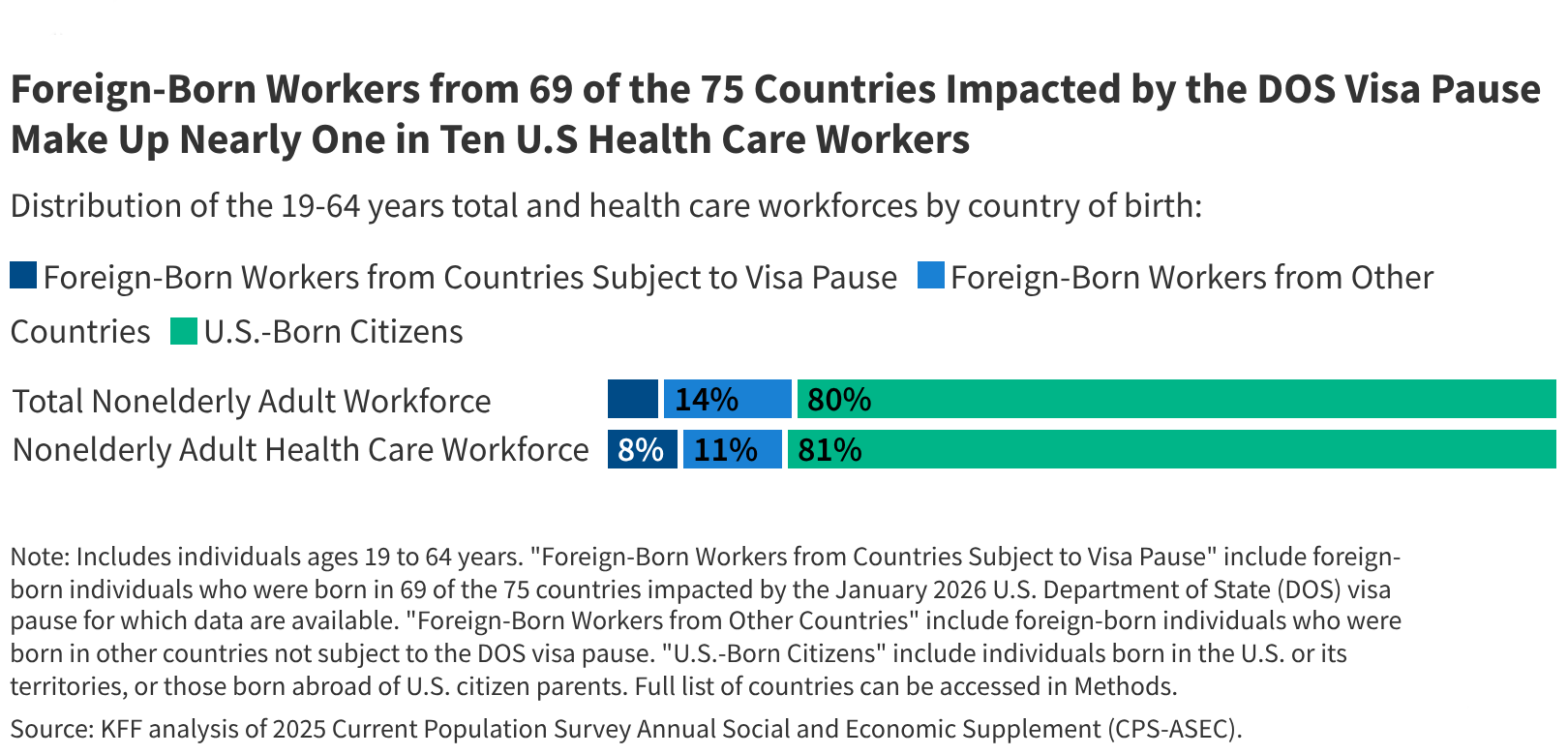Health policy staffers gathered last week at the Capitol for a day of discussing AI policy with members of industry, hosted by the Coalition for Health AI (CHAI), a non-profit AI advocacy group.
The event featured a panel by staffers from leading Senate and House offices who discussed the bipartisan efforts over the last year to learn more about the technology through roundtable discussions in both chambers.
The staffers predicted the next administration would continue to see bipartisan work on AI, aided by president-elect Donald Trump and Elon Musk, who he wants to run a government efficiency advisory group.
This comes as the president-elect reportedly seeks to hire an “AI Czar” to spearhead progress for the technology within the White House, per Axios.
The chief health policy staffer for soon-to-be Senate Minority Leader Chuck Schumer, D-N.Y., Matt Fuentes said Congress has reached a point with AI where it is seeking specific policy recommendations. Republicans will take control of both chambers of Congress in January.
Majority Leader Schumer along with Senator Mike Rounds, R-S.D., Senator Martin Heinrich D-N.M., and Senator Todd Young, R-Ind., hosted a series of roundtables last year to learn the basics of AI across industries.
“We have a general idea… of the concepts that we need to tackle, and we are now looking to kind of move past the area where we just want to be educated in the specific, concrete policy recommendations,” Fuentes said.
Some of these areas include using AI for prior authorization, promoting transparency of algorithms, funding research for the National Institutes of Health, data sharing and addressing bias perpetuated by algorithms.
Fuentes stressed that members of Congress are worried about being too heavy handed when regulating AI.
A health policy staffer for Rep. Ami Bera, D-Calif, said discussions in the House AI Taskforce, which has been holding weekly roundtables, have been amicable.
“With Dr. Bera being on the bipartisan House AI Task Force, I personally … went into it thinking it’d be hyper partisan, but I [was] quickly surprised … even if the makeup of the task force seemed like they wouldn’t get along, in the entire session, there was not any fighting … I think there’s a consensus that will continue on to the next Congress,” the staffer, Harsh Patel, said.
Sen. Rounds is looking towards legislation that would promote the use of AI for early disease detection, especially cancer, to which he lost his wife in 2021, his staffer Kathleen Gayle said at the CHAI event. Sen. Rounds will also advocate for efforts that ensure rural populations are not forgotten in the development of AI, such as his GUIDE AI Act, and promote the use of AI for faster drug development.
Fuentes said members of Congress want AI legislation to move through regular order, which includes the creation of discussion drafts and hosting hearings.
“There is a fair amount of work to go on AI, and we are still very much in a place where our bosses want this to be run through the regular order process,” Fuentes said. “[They] want committees to do discussion drafts and markups and hold hearings. Obviously, Democrats are heading into far less control in a couple of weeks here, but we hope that this is something they continue to be a bipartisan effort next year.”
A health policy staffer for Republican Rep. David Schwiekert of Arizona, John Quinn, said the Representative wants to get AI legislation out by the end of the year, specifically his Maintaining Innovation and Safe Technology Act, that would direct the Department of Health and Human Services (HHS) to establish reimbursement guidance for remote monitoring devices that use AI to treat patients.
Quinn expressed enthusiasm that the incoming Trump administration would lead the way on AI policy and take a proactive approach.
He cited president-elect Trump’s announcement of technology mogul and Tesla CEO Elon Musk to lead the so-called Department of Government Efficiency (DOGE) – which is not a government agency – as evidence of the administration’s intention to take the reins on tech policy.
President-elect Trump has said DOGE, to be led by Musk and one-time presidential candidate Vivek Ramaswamy, will be an advisory group that works with the White House Office of Management and Budget, NBC Los Angeles reported.
Axios reported Tuesday that Trump might appoint an “AI Czar” to work within the White House. The czar pick would be significantly influenced by Musk and Ramaswamy, with whom they would work closely, the Trump transition team told Axios.
Bloomberg reported that Trump’s transition also has vetted cryptocurrency executives for a potential role as the White House crypto czar.
“This administration coming in, they’re gonna try to be at the forefront of this issue,” Quinn said. “You’ve seen that in the news, somewhat jokingly, with the DOGE … people like Elon Musk having a presence here in the upcoming administration, I think you’re going to see a lot of this technology and hopefully in Congress, and if we can continue to do a bipartisan basis, really try to come out and be proactive for the first time maybe ever on an issue.”
Quinn said the idea of doing legislation to promote research and development of AI has been bipartisan. And, he noted that Rep. Schwiekert will promote innovation in AI and continue to allow physician practices and hospitals to use AI.
Max Katz, a staffer for Senator Martin Heinrich , D-N.M., discussed FDA medical device regulation and CMS reimbursement for AI. Katz thinks the more that AI is developed, the more antiquated the Food and Drug Administration’s medical device approval paradigm will become.
“The entire way that we think about how to use AI in medicine will probably just change… I mostly just think we have to start over,” Katz said.
Moreover, he predicted a future where reimbursement from CMS mirrors physician payment and pays for the scarcity of cloud computing like it does now for the scarcity of physician time.
“I think that [payment] also will change rapidly, where what we are paying for in the next few years is general purpose reasoning capability more so than [a] specific algorithm to do ‘X’, and that actually does, again, look more like paying a doctor,” Katz said.
Publisher: Source link










